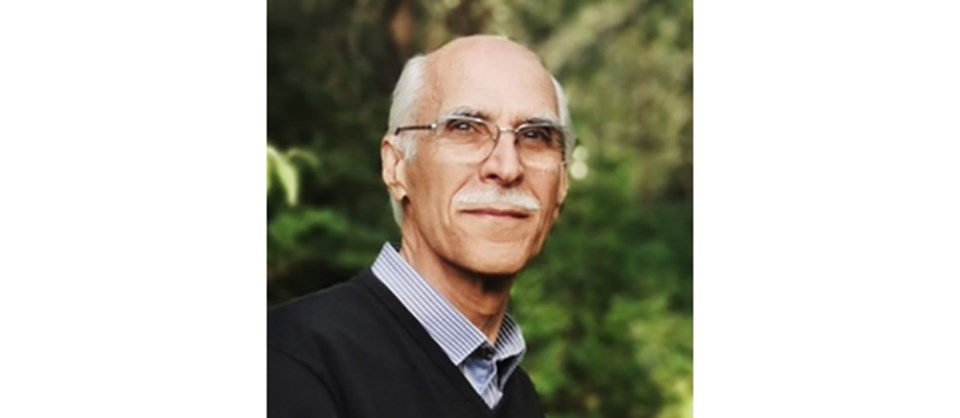“All the stars aligned for a space project.”
This is how a Richmond company owner describes his research and their advancement in the Canadian Space Agency’s (CSA) Deep Space Food Challenge.
Soheyl Mottahedeh, co-owner of AlgaBloom International, and his wife received news that their company, along with nine others in Canada, will advance to the second phase of the challenge to develop new technologies to produce food for future space missions, while expanding opportunities for food production on Earth.
Mottahedeh said he was with the UBC Hallam team, who AlgaBloom is collaborating with for the challenge, when he received news of their next step in the challenge.
“We received the call while we were working with the UBC Hallam team … and it was quite the moment for us,” said Mottahedeh.
“We are thrilled to be part of this creative work in looking for resources and solutions for our planet Earth and space.”
He added that the opportunity to participate in the CSA’s challenge allows AlgaBloom to continue its previous studies into creating food from Algae -- except in space.
AlgaBloom’s technology uses CO2 from the respiration of astronauts in space, combining it with light and human waste to convert it into the best “super food that nature has ever produced” called spirulina – a blue-green algae.
NASA initially revealed the biogenerative power (the ability to renew life using biological processes) of the protein and vitamin-rich algae spirulina in 1984, Mottahedeh explained.
When asked why it was so important to study food security and sustainability in space, Mottahedeh said the extreme conditions of studying food in space will allow humans to create better solutions on Earth.
“Solving problems in space gives us the potential to explore (food technologies) in a harsher environment, which will help us understand more and create better solutions for food on the planet we live on. It’s a worthwhile experience,” he said.
“We have a beautiful planet that we live in, and we have to keep its resources for future generations and sustainability is essential, so everything we do has to have the criteria of sustainability, self-reliance and thinking as one big family. We need each other to become better and to help the Earth.”
The CSA’s Deep Space Food Challenge project manager Clélia Cothier said the challenge allows Canada to create solutions for longer space missions.
“As we go on further missions…the ability to have fresh food gets difficult,” said Cothier.
“What’s interesting is that the ability to grow food in space, will also create a solution to growing food anywhere on Earth as well.”
The Deep Space Food Challenge is divided into three phases. The second phase requires a kitchen demonstration, which will be judged in 2023. The third and final phase, which requires a full working prototype demonstration, will determine the grand prize winner in 2024.
“We want to give Canadians and solution makers a chance to develop their ideas and the challenge is based on outcome and not the idea of just a promise. It’s really a result-oriented competition for … the innovators to demonstrate their solutions, and we’re evaluating their results and what they’re building.”



